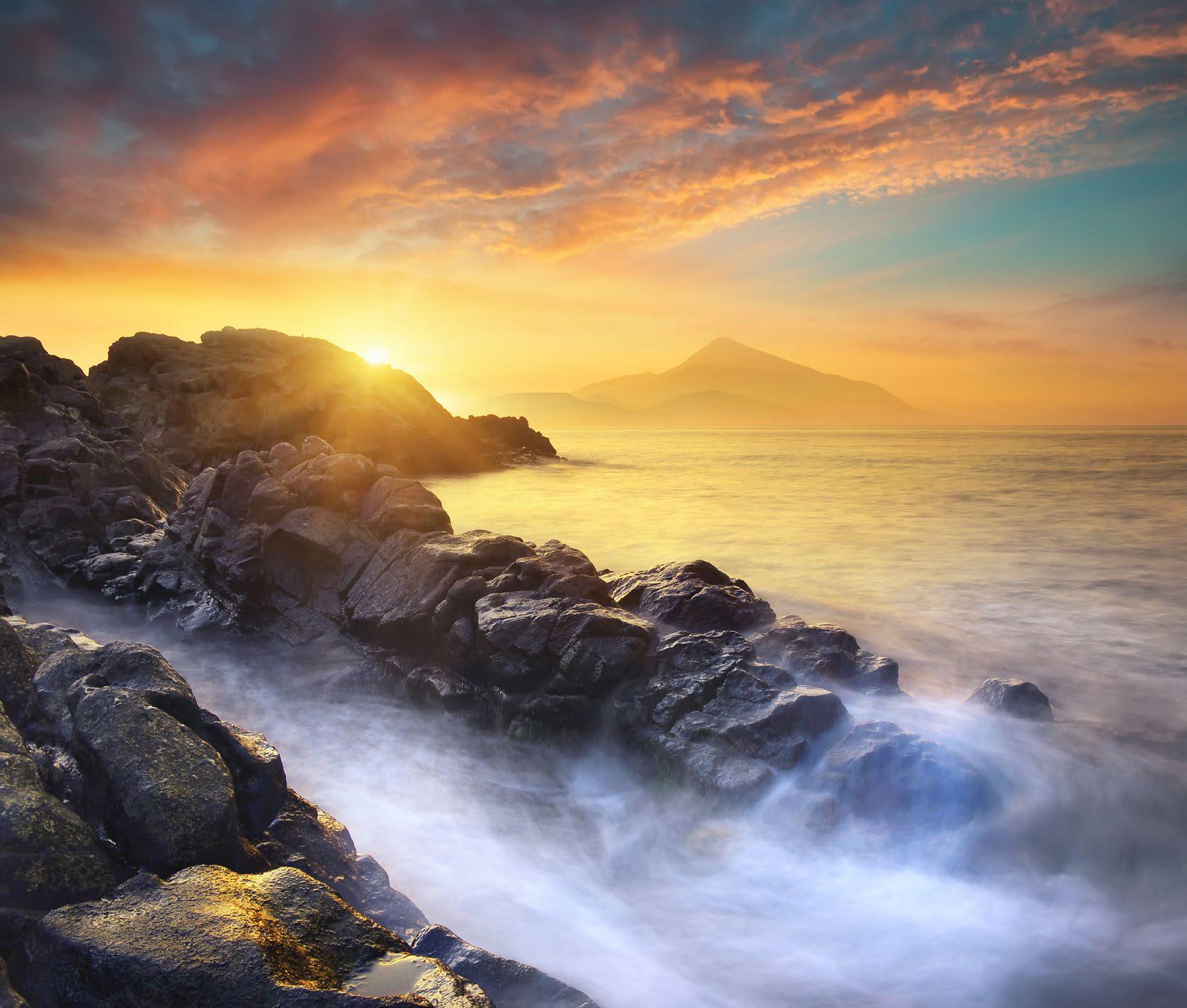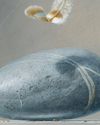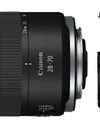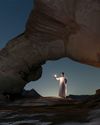
PRO ADVICE
Canvass anyone who shoots landscapes for a living and this is what they’re likely to say…
1 Plan your shoot
Always check the weather ahead of travelling to your location – not just for when the conditions will be ideal, but for personal safety.
2 Stay free of faff
From clean lenses to empty memory cards… make sure you’re ready to go on the day, so you don’t have to faffaround in the field.
3 Dress smart Tweeds and deerstalker not required… we mean wearing layers of clothing you can add or remove to suit the weather conditions.
4 Be patient Shooting successful scenics can often be a long game – make sure you’re provisioned for more time in the field than you first envisaged.
5 Shoot Raw and JPEG
As flattering as your in-camera JPEGs will look, shoot Raw for the maximum editing latitude – you’ll often need to be able to call on it.
6 Try one of the classic rules of composition
If you're not familiar with them, make sure you swot up on the rule of thirds and the golden ratio. Learning how to deploy these successfully when you compose landscape scenes will certainly pay dividends in the resulting captures.
7 Don't let a good foreground go to waste
While it's never a good idea to spoil the foreground of an image with clutter that doesn't add anything to the composition, a well-placed complementary - and relevant - object or two can act as a useful point for your viewer to enter the image.
This story is from the February 2023 edition of PhotoPlus : The Canon Magazine.
Start your 7-day Magzter GOLD free trial to access thousands of curated premium stories, and 9,000+ magazines and newspapers.
Already a subscriber ? Sign In
This story is from the February 2023 edition of PhotoPlus : The Canon Magazine.
Start your 7-day Magzter GOLD free trial to access thousands of curated premium stories, and 9,000+ magazines and newspapers.
Already a subscriber? Sign In

The Art of Copying Art - James Paterson shows you how to use your Canon gear to capture artwork and paintings the right way with simple camera and lighting skills
Whether you want to capture a painting like the above, digitise old prints or reproduce any kind of canvas, there's real skill in capturing artwork with your camera. Not only do you need the colours to be accurate, you also need to master the spread, angle and quality of the light to minimise glare and show the work at its best.This painting by the artist Bryan Hanlon has a wonderfully subtle colour palette. To reproduce the painting in print and digital form, it needs to be captured in the right way.

Fright night
Canon photographer and digital artist Alexander loves to craft incredible fantasy scenes with a spooky horror twist

Sharpen your shots with DPP
Sharpening a digital image also increases contrast at the edge of details

CANON ImagePrograf PRO-1100
Deeper blacks, better bronzing, greater lifespan and 5G Wi-Fi -Canon's new printer is full of new tech, says

Canon's new 'kit lens' is actually a half-price f/2.8 trinity lens!
The Canon RF 28-70mm F2.8 IS STM lacks a red ring, but borrows premium features from its L-series siblings

DREW GIBSON
Pro motorsports photographer Drew on why he hasn't (yet) switched to Canon's mirrorless system, why old-school techniques can be the most reliable, and the lessons learned from more than a decade shooting the world's biggest car brands

Up in smoke
Make a smoky shape in Affinity Photo and get to grips with the amazing Liquify Persona under the guidance of James Paterson

Expand your creativity with Generative Fill
Photoshop's Al-powered feature brings revolutionary new tools to image editing. James Paterson reveals all...

Turn your images into vintage postcards
Wish you were here? Sean McCormack explains how you can give your summer photographs a vintage postcard look

The Angel Malibu
Light painting an American movie producer in the Wadi Rum Desert in Jordan was a highly unlikely evening out for David!
